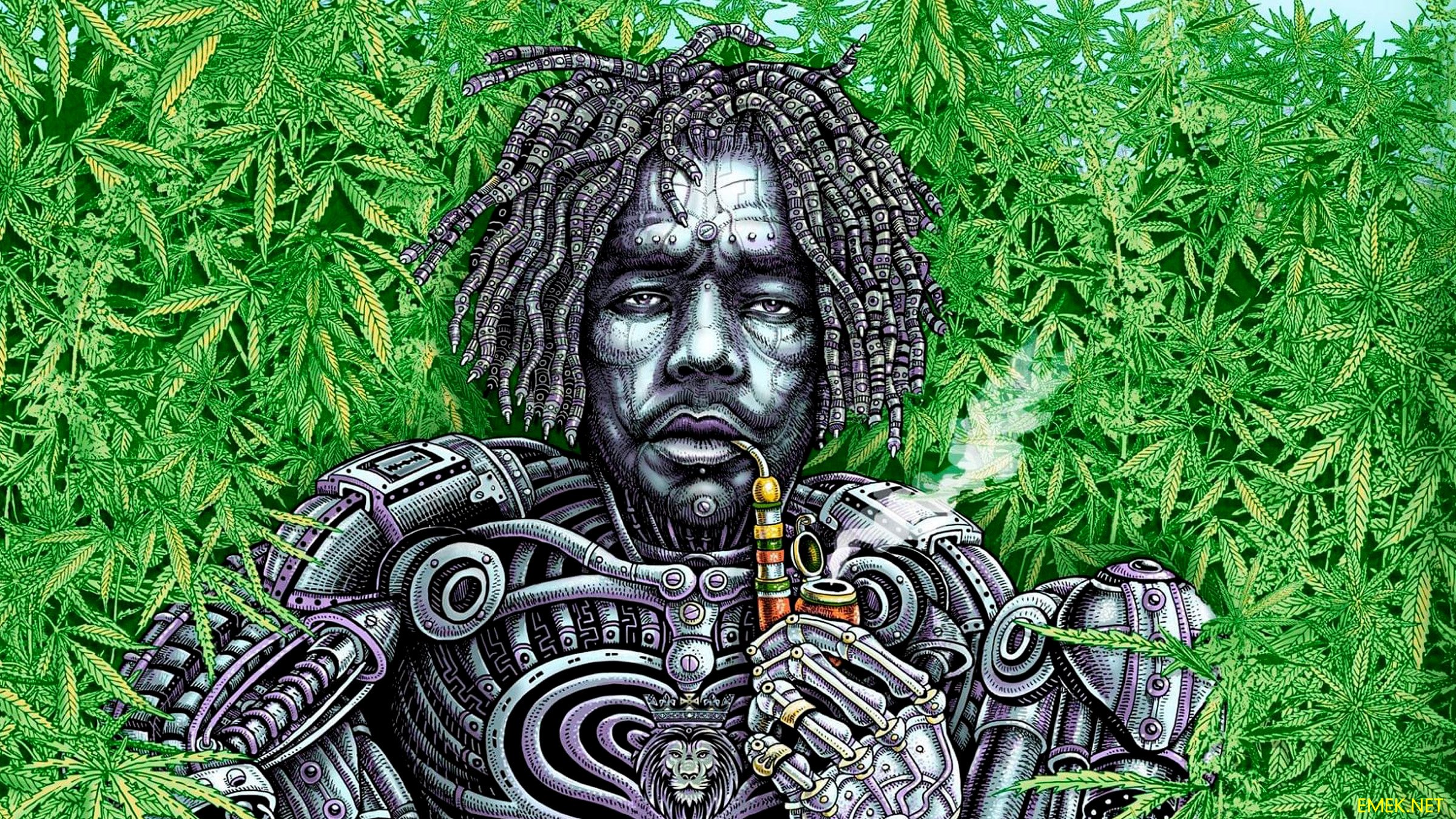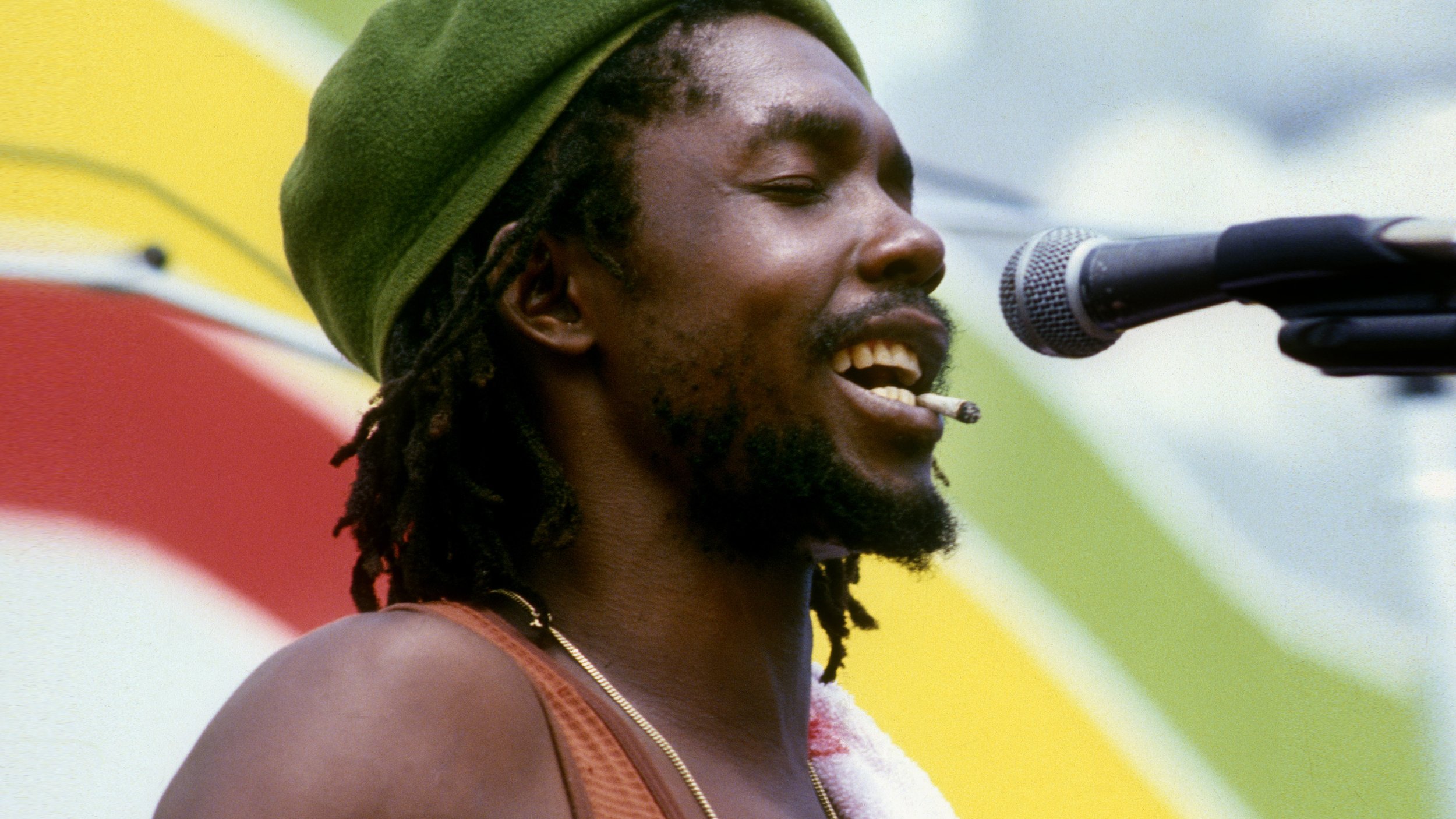Peter Tosh, born Winston Hubert McIntosh on October 19, 1944, in Grange Hill, Jamaica, emerged as a towering figure in the world of reggae music. With his distinctive voice, incisive lyrics, and uncompromising attitude, Tosh became one of the genre's most influential artists. Rising to prominence as a founding member of The Wailers alongside Bob Marley and Bunny Wailer, Tosh played a pivotal role in shaping the sound and message of reggae during the 1960s and 1970s.
Tosh's solo career, which began in the mid-1970s, showcased his remarkable talent as a songwriter and performer. His debut album, "Legalize It" (1976), remains a classic of the genre, featuring the iconic title track advocating for the decriminalization of marijuana. Tosh fearlessly tackled social and political issues in his music, advocating for equality, justice, and the rights of the oppressed. Tracks like "Equal Rights" and "Apartheid" underscored his commitment to activism and resistance against oppression in all its forms.
Beyond his musical contributions, Tosh was a staunch advocate for Rastafarian culture and spirituality. His deep-rooted beliefs permeated his music and activism, inspiring countless individuals to embrace Rastafari as a path to liberation and enlightenment. Tosh's legacy extends far beyond his untimely death in 1987; he remains an enduring symbol of artistic integrity, defiance, and the enduring power of reggae music to effect positive change in the world.
Peter Tosh's impact on music and society endures, his songs continue to resonate with audiences worldwide, and his uncompromising spirit lives on as an inspiration to musicians, activists, and all those who strive for justice and freedom. As a member of the Rock and Roll Hall of Fame and a recipient of numerous posthumous honors, Tosh's influence on the cultural landscape remains indelible, reminding us of the transformative power of music to challenge the status quo and inspire meaningful change.


